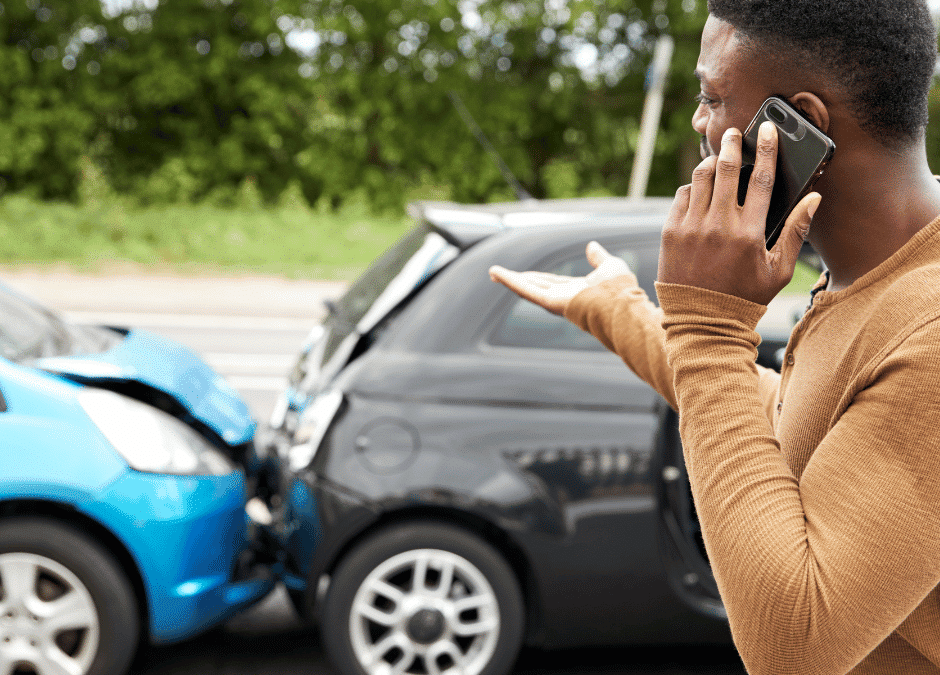Have you ever wondered what to do right after a car accident? This guide details the vital actions you should take to safeguard yourself and your interests. With Fort Benning Towing’s expertise, learn how to navigate this stressful situation effectively. From ensuring your safety to handling legal matters, we’ll guide you through every step. Remember, your decisions immediately after an accident can significantly impact the outcomes of any legal or insurance proceedings. Stay informed and prepared with our comprehensive advice.
1. Ensure Your Safety
First things first: ensure your safety and that of any passengers. If you can, move to a safe spot away from traffic. Turn on your hazard lights to alert other drivers, and set up emergency cones if available. Safety is the priority before addressing the accident further. Check for any immediate dangers like leaking fuel or fire. Remember, your well-being is paramount; securing your physical safety comes before handling accident details.
2. Call Emergency Services
Immediately call 911 if anyone is injured or if there’s significant road blockage. Provide precise location details, describe the nature of the injuries, and follow the dispatcher’s instructions. Quick response from emergency services is crucial in these situations. They can provide the necessary medical assistance and secure the area to prevent further incidents. This call ensures everyone’s safety and officially documents the incident, which is crucial for insurance and legal processes.
3. Document the Scene
Once safe, document the accident scene. Use your phone to take photos of the vehicles, the surrounding area, and any relevant street signs. Note the time, date, and weather conditions. This information is invaluable for insurance and legal purposes. Capture different angles to ensure a comprehensive view of the damage and scene, which can be crucial for resolving disputes about how the accident occurred. Be thorough, but stay safe while gathering this information.
4. Exchange Information
Exchange names, contact details, and insurance information with the other driver(s). Stay calm and cooperative, avoiding any confrontation or admitting fault. This data will be essential for your insurance claim process. Also, gather information from witnesses if possible, as their accounts can be invaluable in piecing together how the accident happened. Remember, this step is about collecting factual information, not discussing fault or liability at the scene.
5. Notify Your Insurance Company
Contact your insurance company as soon as possible to report the accident. Providing detailed information early can expedite your claims process and potentially protect you against fraudulent claims from others involved in the accident. Explain the situation clearly and submit any photographic evidence you collected. This prompt reporting is critical in ensuring that the claims process proceeds smoothly and transparently.
Seek Medical Attention
Even if you feel fine, seek medical attention immediately. Some injuries, like whiplash, might not show symptoms right away. A medical report is also essential for insurance claims and potential legal actions. Early medical evaluation can identify hidden injuries and provide a clear record of any physical damages resulting from the accident, which is essential for health and legal purposes.
Consider Legal Consultation
It’s wise to consider a legal consultation to understand your rights fully, especially if there are disputes about the accident or significant damages. A legal advisor can offer crucial guidance through the claims process or any resulting litigation. They can help ensure that your interests are well-represented and that you receive any due compensation for damages or injuries. Don’t underestimate the importance of legal advice in complex accident situations.
Tips for Dealing with Post-Accident Stress
Accidents are not just physically but also emotionally taxing. If you find yourself struggling after the incident, consider speaking to a professional counselor. Managing stress is important for your overall well-being. Counseling can help you process the traumatic experience and provide strategies for emotional recovery. Taking care of your mental health is as important as addressing physical injuries after an accident.
